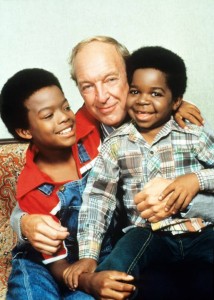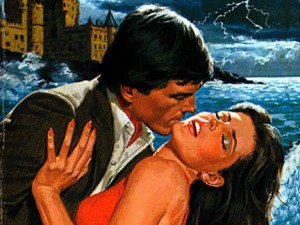
Some unfinished business from last week, when Forbes.com annoyed the Mozartskugeln out of me with their list of 10 best places in the world to live. Now, I should know better than to get exercised over listicles. They are linkbait and pageview-generators, not meant to be serious or informative. And listicles also made up much of the secret sauce behind Time.com’s rebirth in 2008 and 2009, for which I should be grateful.
However, this list of best places to live wasn’t just randomly assembled. Rather, there seems to be an algorithm with distinct philosophy behind it, one that many parents fall prey to: namely, that safety trumps all. That “good living” is equal parts monotony and security, and all other considerations are secondary.
To save you the clicking, here is the full list:
1. Vienna, Austria
2. Zurich, Switzerland
3. Geneva, Switzerland
4. (tie) Vancouver, Canada
4. (tie) Auckland, New Zealand
6. Dusseldorf, Germany
7. (tie) Munich, Germany
7. (tie) Frankfurt, Germany
9. Bern, Switzerland
10. Sydney, Australia
I’m partial to Vancouver, and have never been to New Zealand or Australia. But I know the rest of the cities on the list, and all I can say is, blech. How can you justify a top 10 global cities list that features seven cities from Switzerland, Germany and Austria? And among those three German cities listed, none would even make my top 10 list of cities in Germany. I mean, Dusseldorf? Really?
Perhaps this would be an appropriate list of the world’s cleanest cities (best-swept secrets?). But living, and raising families, should involve something a little more than Ordnung. A good city should have the potential to surprise and educate, roundly, about the world. It should, god forbid, even have a few rough edges. It should be able to inspire. It should be diverse, and not just in a lawyers-of-every-ethnicity sense, but economically, religiously, philosophically. It should look a bit like… New York, if the city hadn’t been poached over the last decade in ill-gotten Wall Street gains.
Anyhow, I might still put New York on my top-ten list (it’s worth noting that Honolulu was Forbes’ top-rated U.S. city, at #31; NYC was #49). I would add a different German city, one that didn’t rate very highly with Forbes: Berlin. Tokyo would be on my list somewhere, as would Bangkok, as far as I’m concerned, despite its penchant for putsches.
Whatever cities would make my list, they wouldn’t be there because they offer the least chance of dismemberment or assault. In justifying the Forbes list, on the other hand, one of the consultants who put it together said, “If you can’t be safe in Switzerland, you can’t be safe anywhere.”
If you need any reminder of just how hollow that philosophy is, even for those of us with children to raise, read Sweet Juniper. It’s a beautiful blog, in part about bringing up children in *gasp* Detroit. And it punctures every myth you can imagine about what a perfect world might look like for kids. The editors of Forbes should read it–and its fantastic descriptions of grocery shopping, mummy-hunting, and seed-bombing–before foisting a list of terrifyingly boring cities on us.
So here’s the question for you, dear reader: name a city that would go on your list. And perhaps more importantly, why would it be there? If you think I’m being naive be saying safety shouldn’t be the top priority, let me know.


